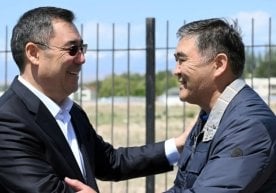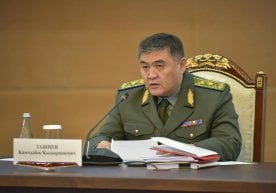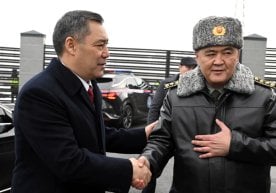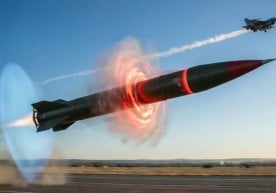Istanbul talks: Russia offers Ukraine two ways out
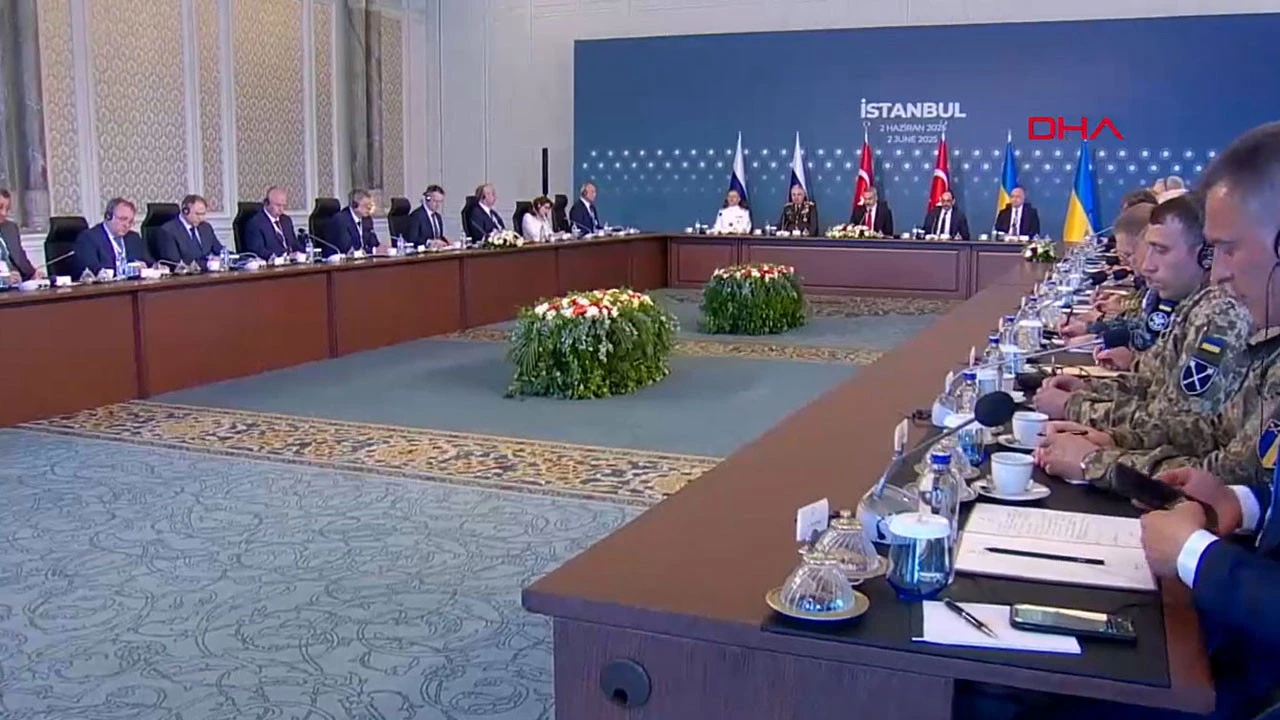
On June 2 of this year, important negotiations were held in Istanbul, Turkey, between the delegations of Russia and Ukraine, which many experts have called "historical." At the meeting, the Russian side proposed not one, but two peace plans to Ukraine to end the conflict. The text of the document was published by the RIA Novosti agency.
According to the first option proposed by the Russian delegation, Ukraine would have to gradually withdraw its army from the Donetsk, Luhansk, Zaporizhia and Kherson regions, which have come under the control of Russian troops. In addition, it is stipulated that Ukrainian troops will withdraw from the Russian border to an agreed distance.
The second option does not provide for the direct transfer of territories to Russia, but contains the necessary conditions to significantly ease the situation. The most important of them are: a complete ban on mass mobilization processes in Ukraine, the rapid demobilization of currently mobilized troops, the cessation of the supply of weapons, intelligence and satellite communications to Kiev by international partners, as well as guarantees to prevent any "subversive actions" on Russian territory.
The second option also includes humanitarian conditions, such as a general amnesty between the two countries and the immediate release of civilians. The Russian side has also put forward the demand for presidential and parliamentary elections in Ukraine within 100 days of the lifting of martial law.
This second option also provides for the exclusion of military personnel of third countries from the territory of Ukraine and restrictions on the movement of the Ukrainian army in certain areas.
Before the talks in Istanbul, the heads of the delegations of both sides - Ukrainian Defense Minister Rustem Umerov and Russian Presidential Aide Vladimir Medinsky - held a two-and-a-half-hour closed-door meeting. After this meeting, a draft memorandum presented by the Russian side during the talks emerged. It outlined several key issues of priority importance to Russia. In particular, such points as the international recognition of the territories under Russian control, Ukraine's refusal to join military alliances such as NATO, granting Russian the status of an official language in Ukraine, the lifting of all sanctions between the two countries, and the non-imposition of new sanctions were highlighted.
The restoration and expansion of economic ties are also covered with great attention in this document. The Russian side demands the restoration of its gas transit through Ukraine and the resumption of other economic, diplomatic, and transport ties.
The Russian memorandum also includes demands such as a complete waiver of mutual claims for war damages, a limitation on the size and composition of Ukraine's armed forces, a strict ban on "glorification of Nazism and neo-Nazism" in the country, and the dissolution of nationalist parties. Ukraine's preservation of its nuclear-free status and the lifting of restrictions on the Orthodox Church are also important conditions put forward by Moscow.
So far, Ukraine has not officially responded to these proposals, but has asked for a week to study the documents submitted and respond. The next round of talks between the parties is scheduled to take place again between June 20 and 30.
These talks are being watched with great interest by international observers and the world community. This is because a peaceful resolution of the military conflict between the two countries is of great importance not only for the security of Europe, but also for the entire world. That is why the world community expects fruitful results from these historic meetings. Read “Zamin” on Telegram!
Ctrl
Enter
Found a mistake?
Select the phrase and press Ctrl+Enter 















